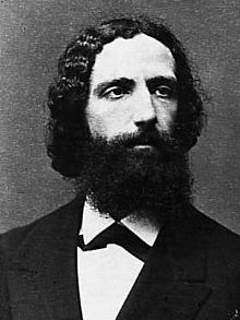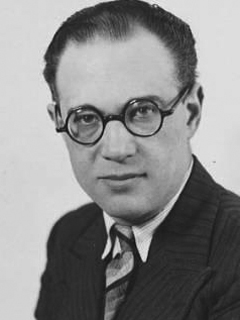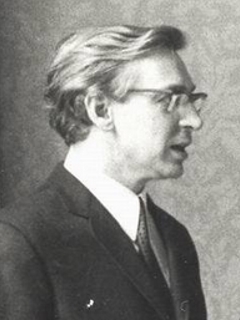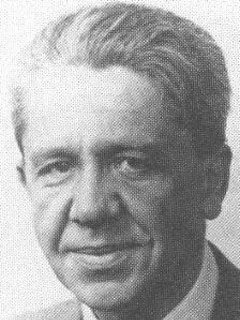

Husserl's philosophy of mind
pp. 249-286
in: Guttorm Flistad (ed), Philosophy of Mind/Philosophie de l’esprit, Berlin, Springer, 1983Abstract
The last ten or fifteen years have seen considerable research on Husserl's philosophy of mind and in particular the emergence of a second major interpretation of Husserl's theory of intentionality. Husserl's overall philosophy involves many strands and multiple purposes, but our concern here is restricted to his account of the nature of mind or consciousness, principally his theory of intentionality, which is the foundation of his phenomenology. Husserl took over from his teacher Brentano the view that consciousness is intentional, or directed toward something. For Husserl, the directedness of an act of consciousness consists in its correlation with a "noema" or meaning (Sinn). As of the mid-1960s, the dominant interpretation of Husserl's theory of intentionality and its central notion of noema was the interpretation well articulated by Aron Gurwitsch, dating from 1929. The Gurwitschian interpretation of the noema was taken for granted in the works of such eminent phenomenologists as Dorion Cairns, Alfred Schutz, Rudolf Boehm, and Eugen Fink (so reports Hubert Dreyfus [1], pp. 136–137).








